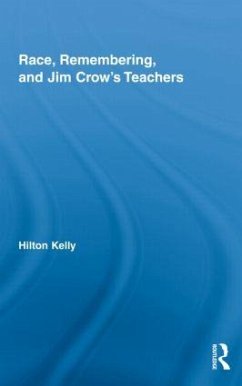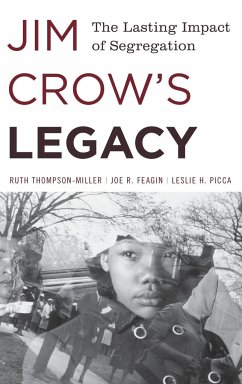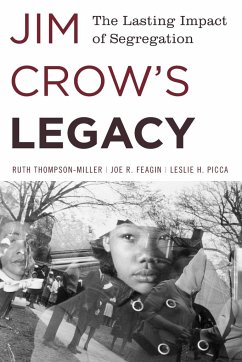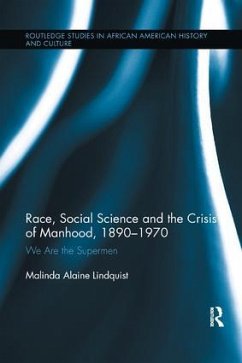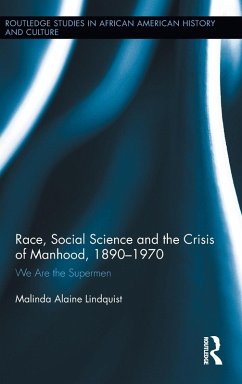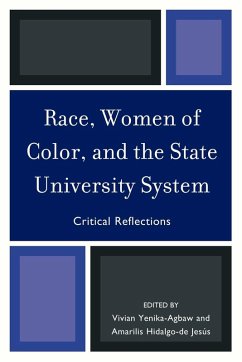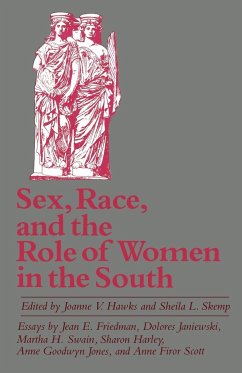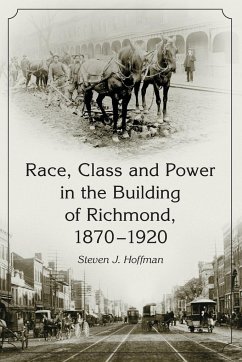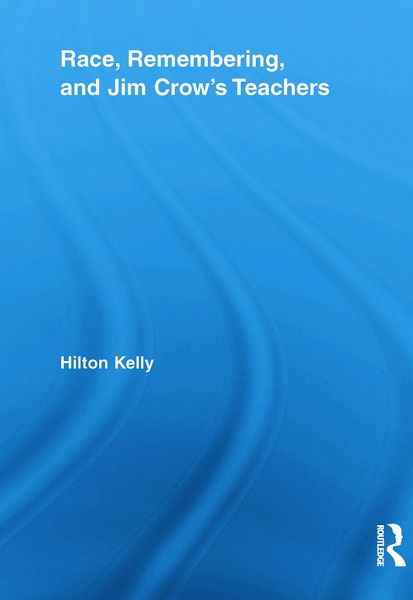
Race, Remembering, and Jim Crow's Teachers
Versandkostenfrei!
Versandfertig in 1-2 Wochen
38,99 €
inkl. MwSt.
Weitere Ausgaben:

PAYBACK Punkte
19 °P sammeln!
This book explores a profoundly negative narrative about legally segregated schools in the United States being "inherently inferior" compared to their white counterparts. However, there are overwhelmingly positive counter-memories of these schools as "good and valued" among former students, teachers, and community members. Using interview data with 44 former teachers in three North Carolina counties, college and university archival materials, and secondary historical sources, the author argues that "Jim Crow's teachers" remember from hidden transcripts-latent reports of the social world create...
This book explores a profoundly negative narrative about legally segregated schools in the United States being "inherently inferior" compared to their white counterparts. However, there are overwhelmingly positive counter-memories of these schools as "good and valued" among former students, teachers, and community members. Using interview data with 44 former teachers in three North Carolina counties, college and university archival materials, and secondary historical sources, the author argues that "Jim Crow's teachers" remember from hidden transcripts-latent reports of the social world created and lived in all-black schools and communities-which reveal hidden social relations and practices that were constructed away from powerful white educational authorities. The author concludes that the national memory of "inherently inferior" all-black schools does not tell the whole story about legally segregated education; the collective remembering of Jim Crow's teachers reveal a critique of power and a fight for respectability that shaped teachers' work in the Age of Segregation.





